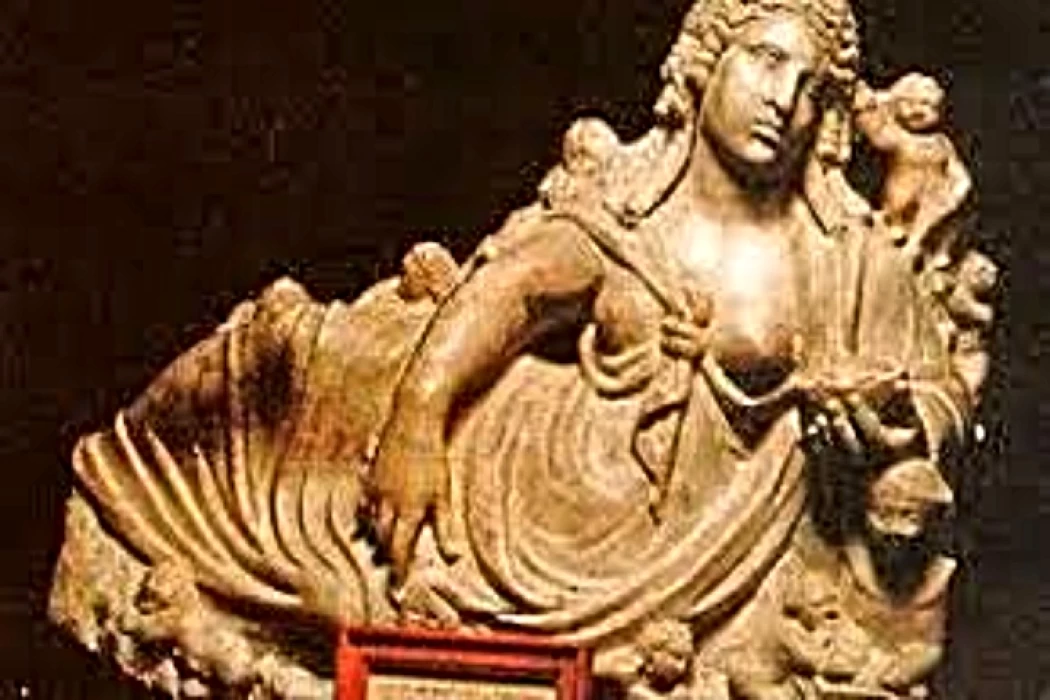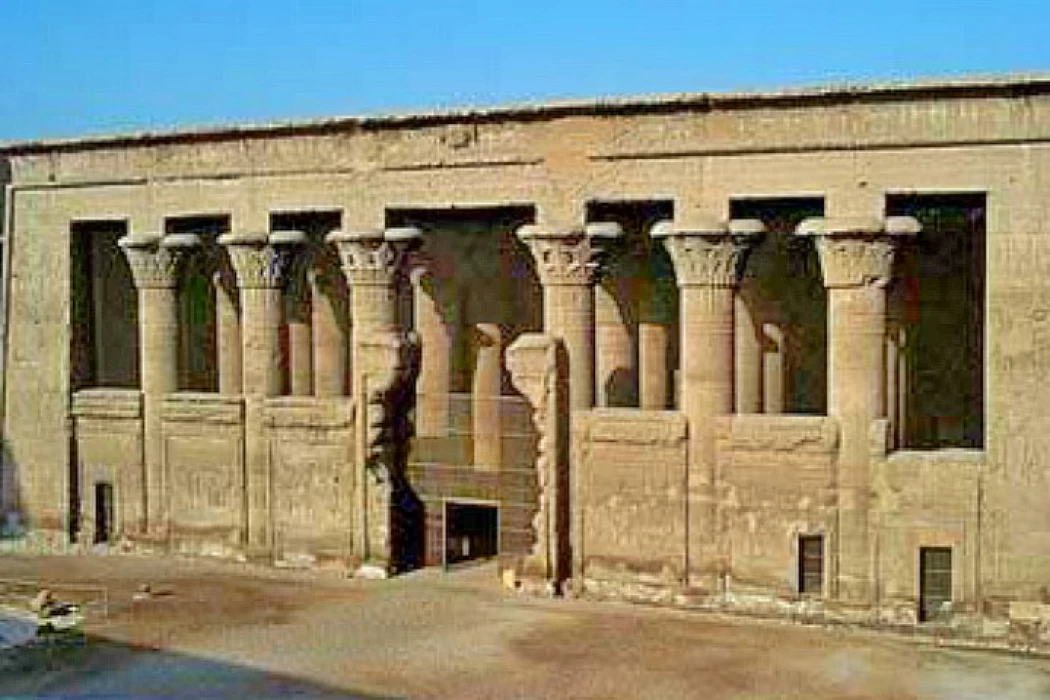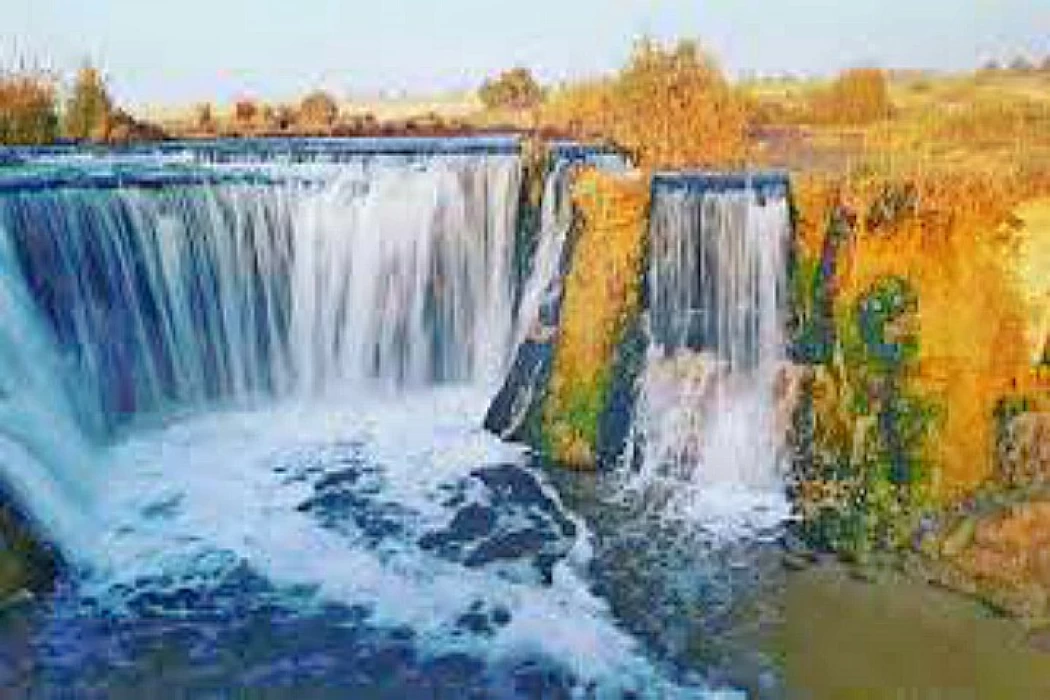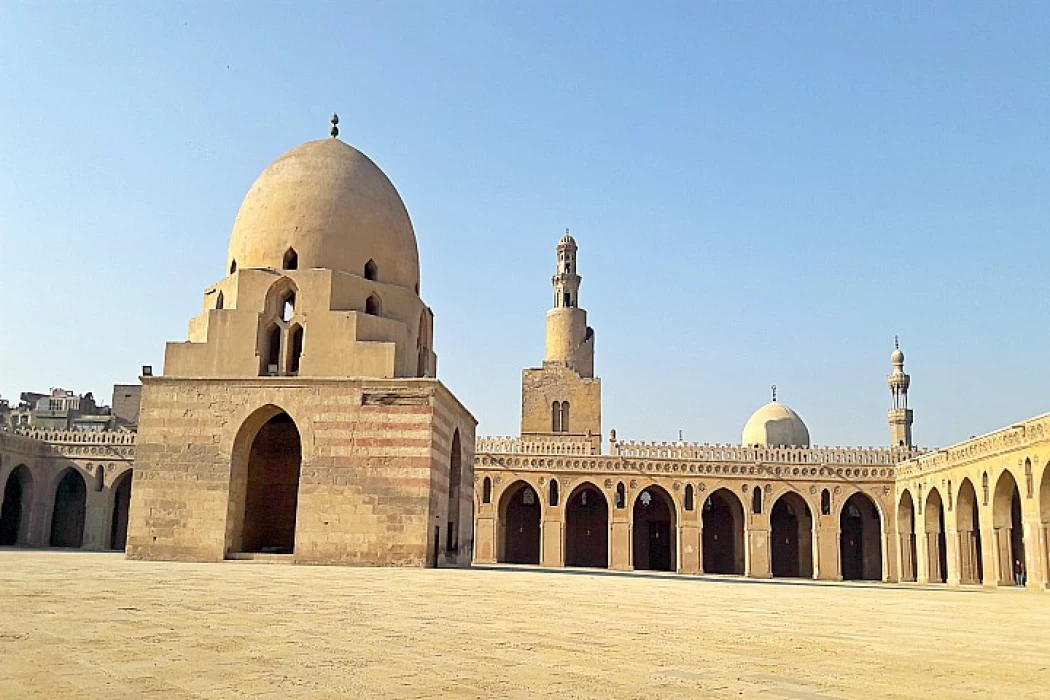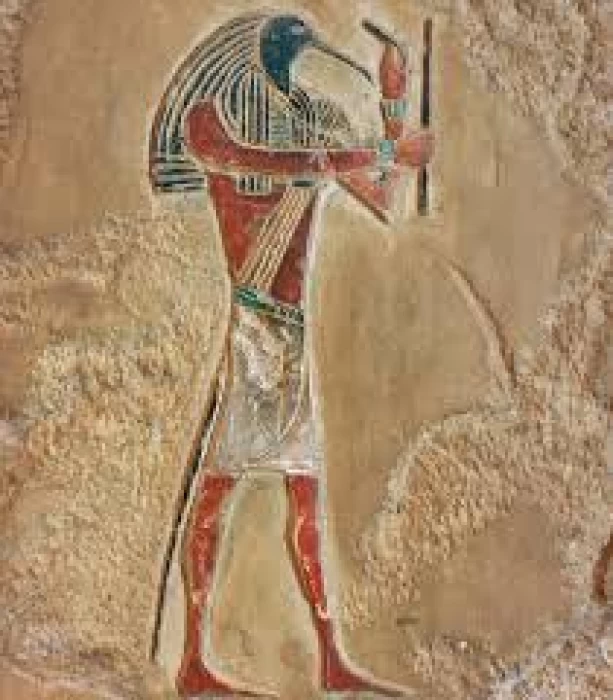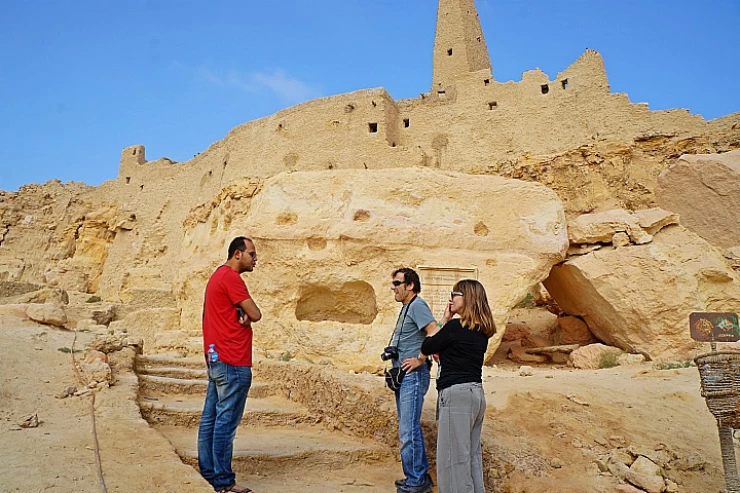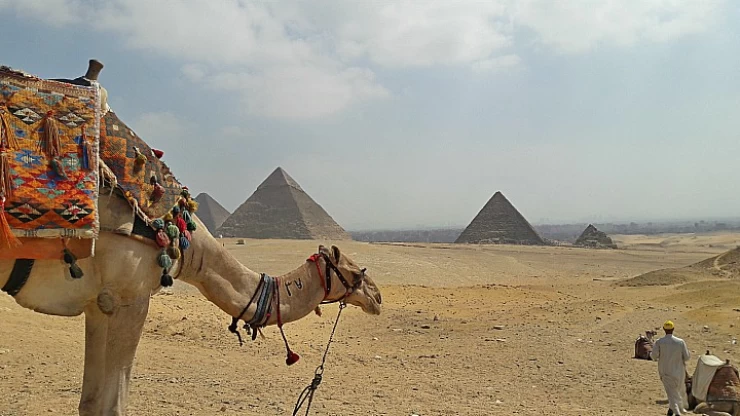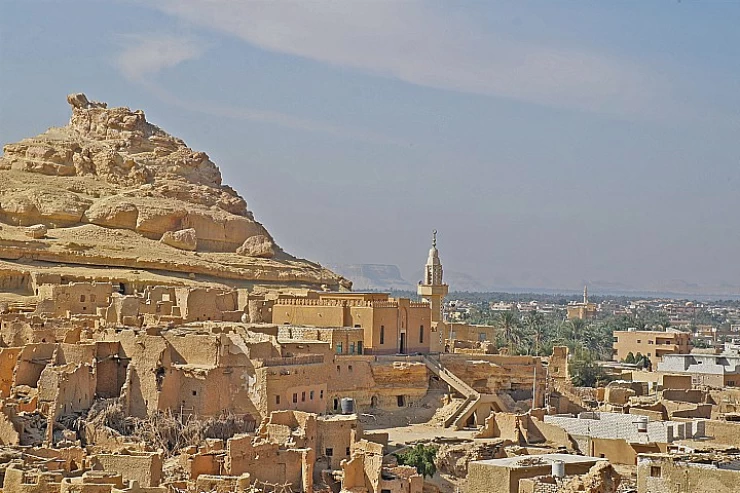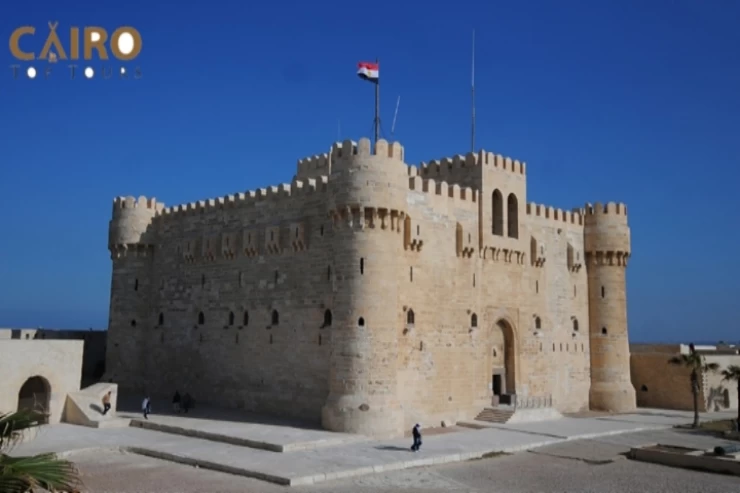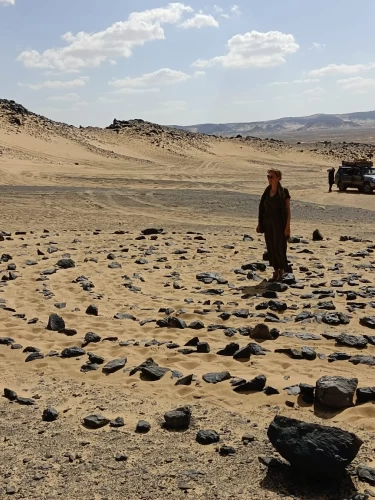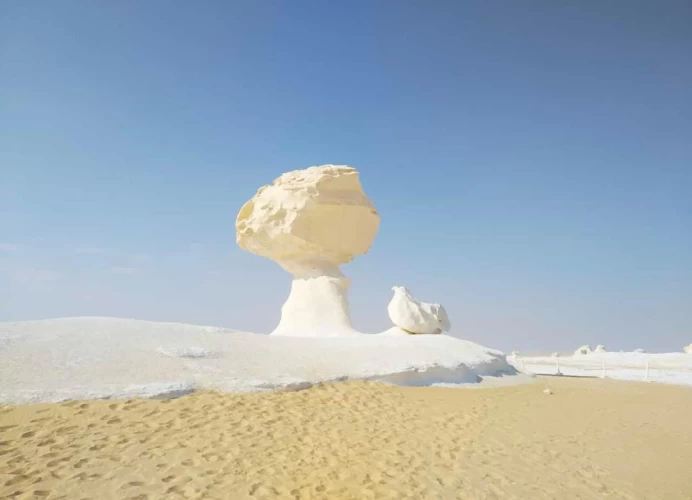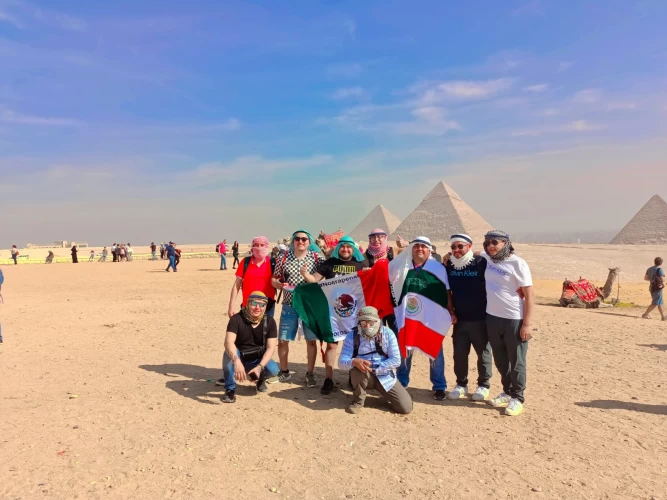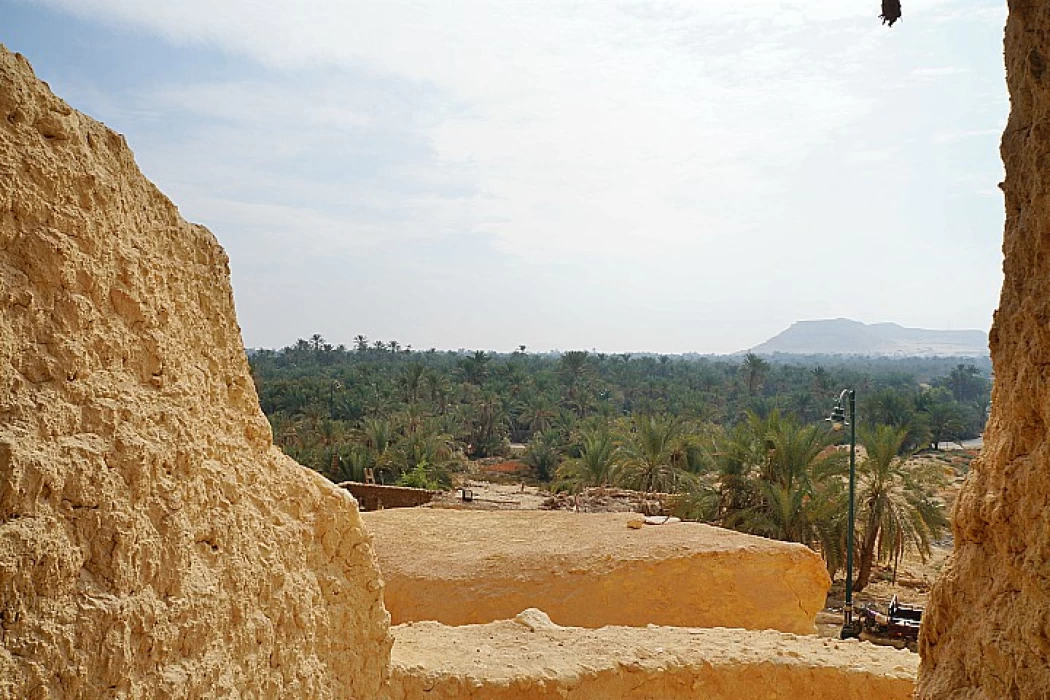
Temple of the Oracle of Amun
Temple of the Oracle at Siwa Oasis
Mixed with legend and mystery. This temple sits atop Agurmi Hill, giving it a privileged view of the oasis that was once an important religious and spiritual center for the ancient Egyptians and Greeks.
History of tombs
In the 26th Dynasty of Egypt, around the 6th century BC, the Temple of the Oracle of Amun was built. At this time, Egypt was ruled by the Sawi pharaohs. It is famous for the trip that Alexander the Great made in 331 BC to endorse his belief in a divine line with the temple's priests informing him that he was the child of the god Amun, bringing legitimacy as ruler of Egypt as documents claim to him. In this temple, there are quite a few legends; the most famous is about a lost army of fifty thousand warriors sent by the King of Persia, Cambyses II, in 525 B.C.
To destroy the temple to prove to the Egyptians and Greeks the corruption of their faith and belief towards the predictions associated with the temple.
Strangely enough, Cambyses' army was completely lost after it departed for the Siwa Oasis, and historical documents state that the army was buried under the sands of the desert after being confronted by violent winds.
An important historical event is the visit of Alexander the Great, one of the most important events that earned the temple its fame, in 331 BC, so that he could be crowned the son of Amun, so that the Macedonian leader could get closer to the Egyptians, as they were known to be associated with their belief, and Alexander asked the temple priests to predict the fate of his future military campaigns and whether he would rule the world or not. Their answer was yes, but not for long.
The structure of the temple
Built using huge blocks of limestone, the Temple of the Oracle of Amun features a series of rooms and halls that were used for sacrifices and priestly predictions.
Although the temple has been damaged by erosion and destruction through the ages, its ruins still keep part of its ancient inscriptions that tell some of the secrets of the past.
The temple's spiritual and historical role
The Temple of the Oracle of Amun was the most celebrated sanctuary of Egyptian priests who engaged in ritual divination and predicted the future.
Ancient worlds will remember this temple where kings and generals from different countries visited to ask about their destinies. This temple was also associated with the worship of the most important god in ancient Egyptian religion, Amun.
Why is the temple important today?
Today, the Temple of Amun is a popular tourist destination where visitors and researchers in archaeology and history can explore its features and enjoy the stunning views surrounding it in Siwa Oasis.
Archaeological research also sheds light on the role the temple played in shaping religious and political beliefs in ancient Egypt.
Latest Articles
Admin
The Graeco-Roman Museum
The Greco-Roman Museum of Alexandria is Egypt's most important archaeological museum, displaying a wide and impressive array of antiquities of the Roman and Greek periods, a testament to Alexandria as a hub of culture and civilization in the ancient world.
Admin
Temple of Khnum
The Temple of Khnum in Esna is a great religious monument that stands as a living record of the excellence of Egyptian artists and priests during the Ptolemaic and Roman eras and should attract every lover of Egyptian history and civilization.
Admin
Beni Hassan Tombs
The tombs of Beni Hassan are among the most prominent evidence of the greatness of ancient Egyptian civilization, as they reflect the Egyptians' mastery of architecture and sculpture, as well as the minute details documenting aspects of their daily life and religious beliefs. These tombs, which date back to the Middle Kingdom, are not just burial sites but archaeological treasures that reveal the nature of Egyptian society at the time as well as its political and economic relations.
Admin
Wadi El Rayan
Wadi El-Rayan is one of the most important natural tourist attractions in Egypt, especially in Fayoum, where there are many wonderful places such as waterfalls and springs for medical tourism, as well as mountains for safari and camping.
Admin
Muslim Conquest in Egypt
Egypt became part of the Islamic world and played a pivotal role in Islamic and Arab history. The conquest had a different aspect than many conquests, as it was characterized by organization and negotiation, as well as military power.
Admin
God Thoth
Thoth served as the spiritual representation in Egyptian mythology whose divine nature embodied reason as well as justice and eternal wisdom. The legacy from Thoth spread throughout thinking, religion and science, thus preserving his name in Egyptian and Greek philosophical works.
